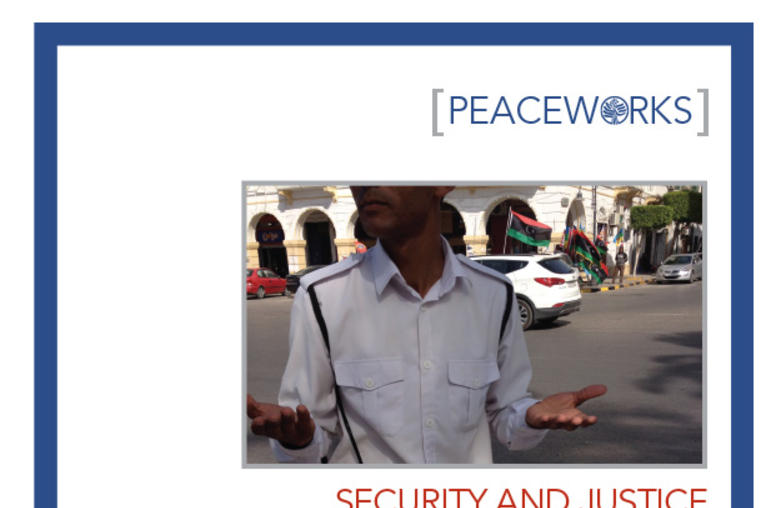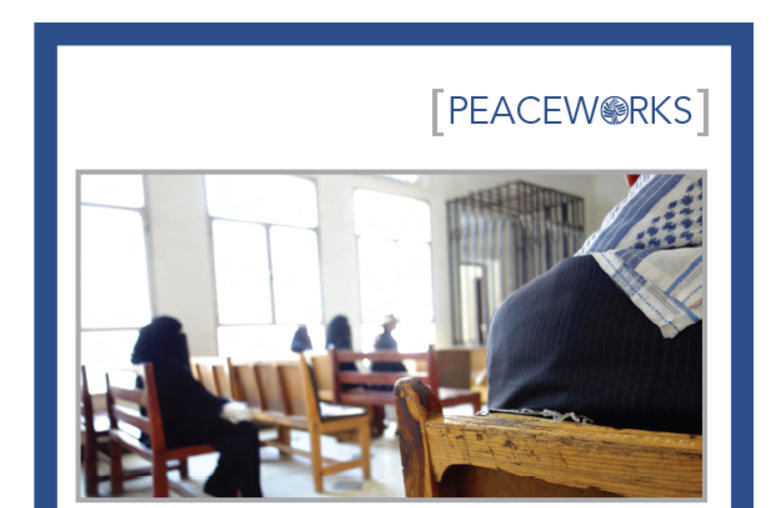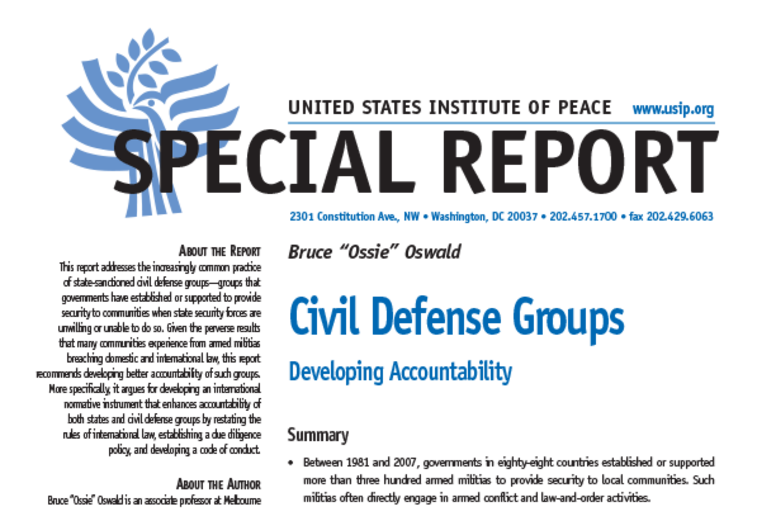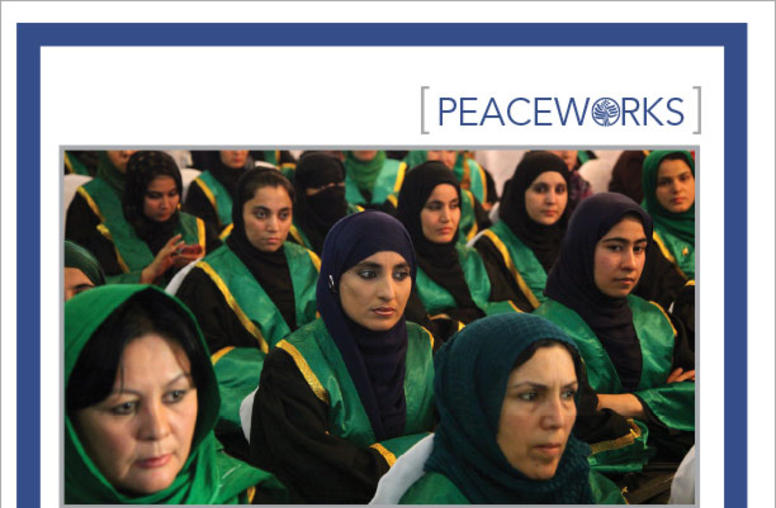Constitution-Making and the Transition from War to Peace
Around the world, constitutions are venerated as the foundation of the legal and political order. In countries in transition from conflict or despotism, the process of making a new constitution often becomes a focal point for efforts to achieve national reconciliation, right historical wrongs, and state the aspirations of the nation. As a result, constitution-making has become a key element in the peace-building/state-building/democratization playbook, and significant energy is devoted to the process of developing a new constitution including: election/selection of constituent assemblies, drafting commissions, public education and participation, and ratification processes.
But to what extent does this process of constitution-making matter? How can the process increase, or decrease, the quality, legitimacy, and implementation of the constitution? Can we measure the impact of the process on larger goals of peace-building and reconciliation? What are key design choices that will determine the success or failure of such processes?
Please join us for a discussion on the importance of effective constitution-building for democratization, state-building, and national reconciliation.
Speakers
- Tom Ginsburg
Professor of Law, University of Chicago
Co-Director of the Comparative Constitutions Project
Co-author of "Does the Process of Constitution-Making Matter?", Annual Review of Law and Social Science, 2009 - Nathan Brown
Professor of Political Science and International Affairs, George Washington University
Nonresident Senior Associate, the Carnegie Endowment for International Peace
Author of "Reason, Interest, Rationality, and Passion in Constitution Drafting", Perspectives on Politics, 2008 - J Alexander Thier, Moderator
Senior Rule of Law Advisor and Director of Project on Constitution-Making, Peace-Building, and National Reconciliation, U.S. Institute of Peace
RSVP
To RSVP, please send your name, affiliation, daytime phone number, and name of the event to Elizabeth Mohan at emohan@usip.org.



